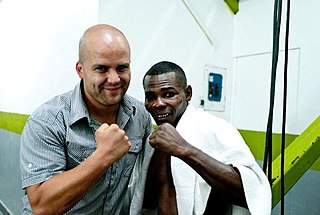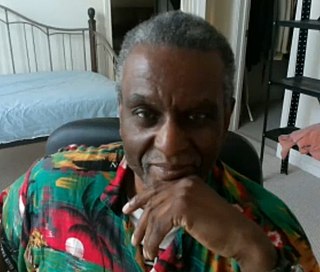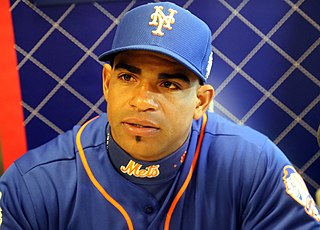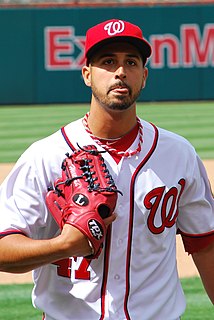A Quote by Jeff Duncan
A criminal pipeline from Cuba to Florida threatens U.S. national security interests with Cuban migrants exploiting U.S. law, stealing from the American taxpayer, and paying the Cuban government to live large off the cash in Cuba.
Related Quotes
Cuba continues to be a source of instability in the region. For example, historic numbers of people are fleeing the island of Cuba, putting migratory pressure on the United States. Number two, this Cuban government is anti-American. They sponsor - they allow the Chinese and the Russians to conduct espionage, electronic espionage and others from the island of Cuba.
Faith leaders, young people, American companies, human rights advocates, and many others have demonstrated a unique interest in our Cuba policy. But no community cares more deeply about these issues than Cuban Americans - young and old - who have maintained a profound interest in Cuba and an abiding faith in the Cuban people.
Cuba harbor fugitives of American justice. There are people living on the island of Cuba who have violated American law, including those who have stolen millions of dollars from Medicare fraud in South Florida and have fled to Cuba. Those are three reasons right there to care about what is happening on the island of Cuba, which happens to be 90 miles from our shores, basically a neighboring country.
They're willing to accept changes on the part of the U.S. that contribute to more money entering Cuba so they can benefit. But in terms of political changes on the island, an opening, etc., that won't happen, that won't change, and I've always said that, from the beginning. I've even said that it doesn't matter how many tourists who to Cuba, how many times the President visits Cuba; there won't be any changes in the Cuban government's posture. And that is the same as always.
Cuba is actually one where I am more optimistic because of the unique nature of Cuba - 90 miles off our shore with a massive ex-patriot population, now Cuban-American population that still have deep links to the island. There I am more confident that over time that the winds of commerce and telecommunication and travel start shifting the nature of that regime. But that's a small country which has almost a unique relationship to us.
In the era of slavery, you could be a so-called Afro-Cuban one day and a so-called Black American the next day, or vice versa. I mean there was all this back and forth, and there was a lot of opposition in Black America to slavery in Cuba in particular, because slavery in Cuba lasted until the 1880s.




























